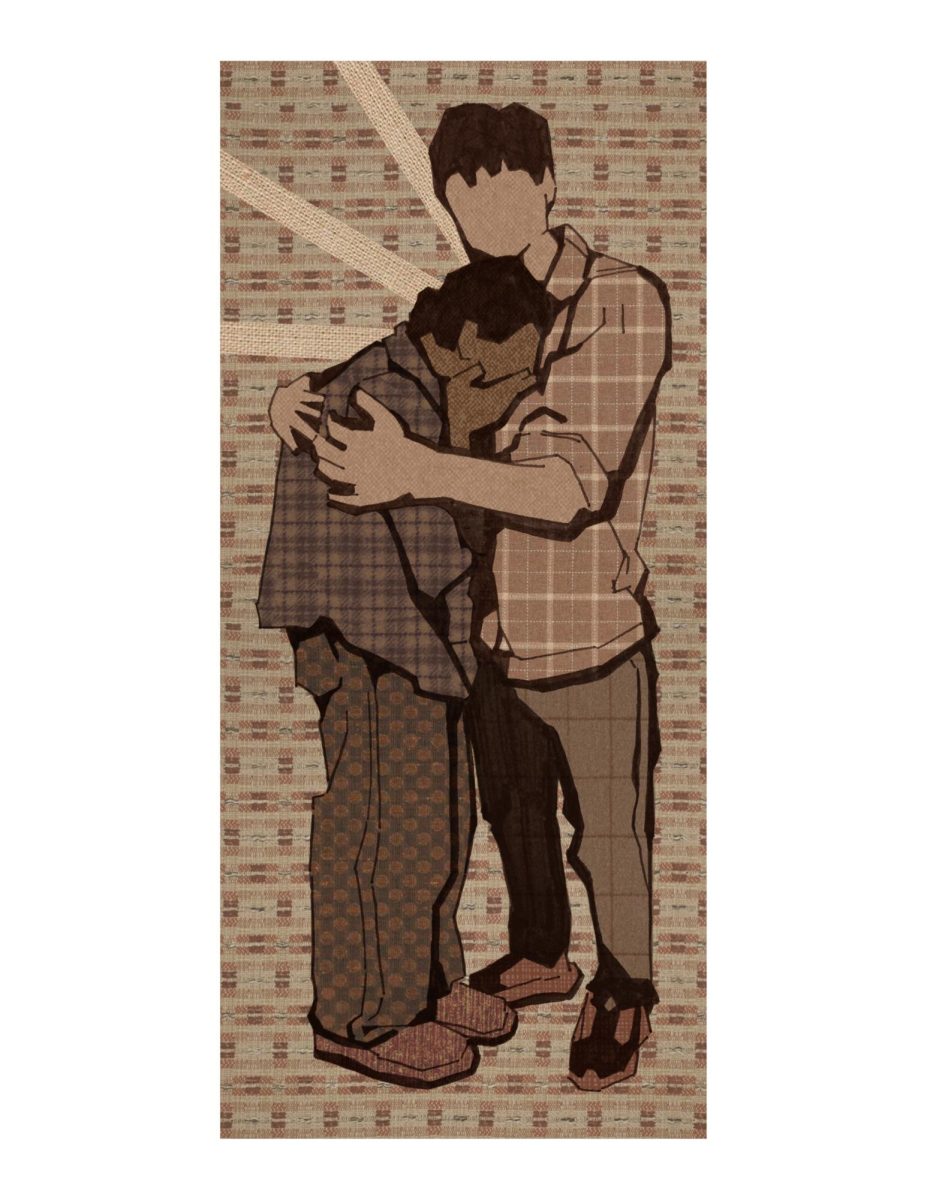Should the goal of obedience be to produce conformity, or should the goal be to change the condition of hearts? Chapels and their tracked attendance provide a real world illustration of this controversy.
Chapels at Biola have always been a source of contention among students. Chapels are a distinguishing part of the student requirement at Biola, something which sets Biola apart from even many other Christian universities. Each semester, students are required to attend 30 chapels.
What is sliding and gliding?
Now, in order to get chapel credit without attending, a student may perform what’s colloquially known as a slide and glide. In essence, the student has his/her student ID scanned for credit, then, after entering the chapel, leaves out a side door. In more recent years, the chapel staff has adopted harsher and harsher policies in handling slide and gliders.
This year in particular, new measures have been taken in order to counteract the students who have been “sliding and gliding ridiculously,” as Jonathan Wyatt, head of Chapel Accountability put it. De-scanners have been posted at entrances and exits in order to prevent students from leaving. If the student tries to leave, the student’s ID will be de-scanned, thereby eliminating the chapel credit which the student had gained upon entering.
New exit scanners stir controversy
Needless to say, this has caused some controversy among students. The proponents of these new countermeasures see it this way: Chapel, having little or no relation to church or spiritual growth, is instead more like a P.E. class in which attendance comprises all of one’s grade. If one does not attend, one must not receive credit. The proof for this lies in the fact that Biola makes chapel a requirement for graduation, thereby putting it on the same level as any other requirement for graduation, such as a class.
The opponents of these new countermeasures fall into two groups. One group is simply those who wish to get credit and are upset that they cannot slide and glide as easily due to these more rigorous strategies of de-scanning. The other group argues against the de-scanning strategies along these lines: chapel, they note, is more akin to church, a place where spiritual growth is to be fostered, not a place where behavior is to be regulated. Those who ditch miss out and those who stay reap the benefits of voluntary attendance. Those whose hearts are not in the right place will remain in that state despite being forced to stay.
Chapel regulations will only accomplish conformity
The question then becomes, why regulate the chapels with such strict policies? The answer seems to be for outward conformity. This is a silly goal and should not be sought after by the administration.
Biola’s chapel website proclaims that chapel attendance is tracked and required in order to “assist you in creating a daily rhythm by which you open yourselves to the work of the Spirit in your lives.” The effectiveness of chapel in this regard is easily mixed. Those who want to attend chapel will have their hearts touched while the Spirit enriches their lives. Those who don’t want to attend will sit quietly for 50 minutes, and walk out the door unfazed. If that is the case, why demand attendance?
The supposed goal of chapels is not being met any more readily with compulsory attendance than without it. De-scanners, while they might be useful to get students to stay in their seats, will not be enough to keep their minds in the room.






